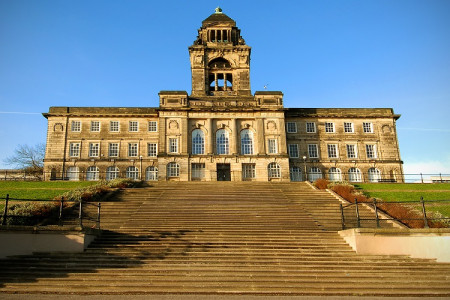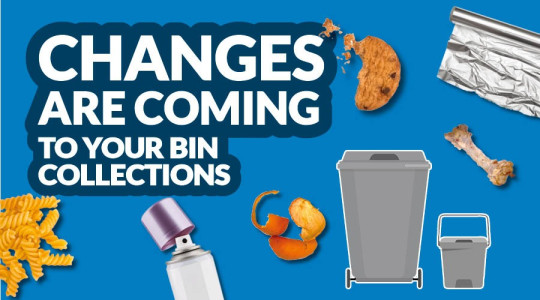Pilot project aims to improve access to vehicle charging at home
Wirral Council is looking to progress its Electric Vehicle Charging Infrastructure (EVCI) Strategy and a committee will next week be asked to approve joint work with the Liverpool City Region Combined Authority (LCRCA) on two key initiatives.
The two initiatives highlighted in the report to the Environment, Climate Emergency and Transport Committee on 2nd December are around the installation of more public electric vehicle charging points and piloting cross-footway charging solutions for households reliant on on-street parking.
The EVCI Strategy, approved in October 2024, supports Wirral Council’s commitment to tackling the climate emergency and promoting sustainable transport.
With new petrol and diesel cars being banned from 2030, demand for EV charging is growing, particularly among residents without off-street parking.
The LCRCA has secured £9.647 million through the Local Electric Vehicle Infrastructure (LEVI) fund, with funding allocated across the six local authorities.
A chargepoint operator is being sought to deliver new on-street and car park chargers, and to upgrade existing infrastructure across the region.
The proposed cross-footway pilot will test safe, practical solutions allowing residents to charge EVs from their home supply, reducing costs and improving convenience. The trial will address technical and safety challenges before wider rollout.
Access to off-street parking is a major factor in electric vehicle (EV) adoption, with households having driveways or garages three times more likely to switch to EVs. Around 22% of Wirral households rely on on-street parking and this is a barrier to them switching to electric vehicles.
Once implemented, the report claims the two measures combined will help deliver the council deliver on some of its climate commitments, improve air quality and support the transition to fossil fuel-free travel by 2041.




